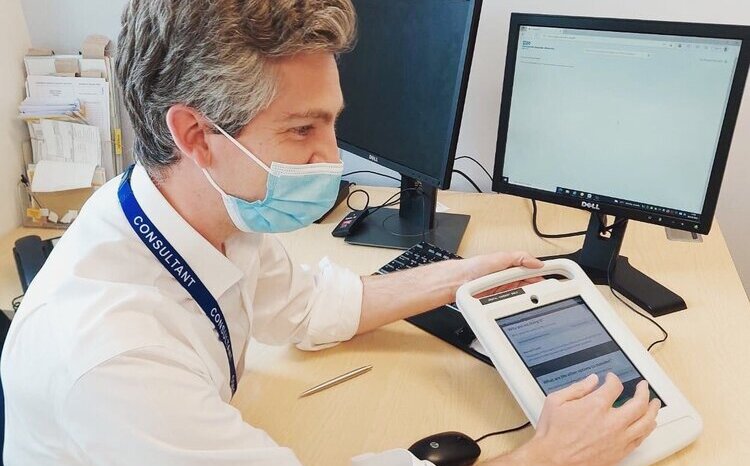Here is the news: for 2009
- 31 December 2008
The NHS will not be immune from the impact of the credit crunch and this will force policy makers and trusts to make some hard decisions about healthcare IT, according to experts interviewed by E-Health Insider.
Almost all the politicians, analysts, suppliers and managers asked to look ahead to 2009 argued that the health service will start to feel the impact of the crisis that has already hit the housing, banking and retail sectors.
Neil Asling, IM&T portfolio manager at South West Yorkshire’s Health Informatics Service, notes that the coming financial year will be “the last year of the present NHS settlement” and predicts this will mean it is “the last year of big spending” and of massive IT projects.
Gillian Braunold, clinical director of the NHS Summary Care Record and Health Space, predicts that it will mean a fight even to secure small ones.
“People will take hard-line positions, saying, for example, that an intensive care baby unit is more important than an IT project,” she says. “So we will need to be able to tell stories about how IT is delivering real benefits.”
Many of EHI’s experts, however, feel that trusts under pressure to make efficiency savings and prepare for years of zero growth will be looking for IT that makes a more immediate impact on the bottom-line.
Matthew Swindells, managing director for health at Tribal, feels this will mean a particular focus on “real time operational management and clinical systems that can tell you about your bed occupancy now, not just two years ago.”
Christine Chang, healthcare technology analyst at Datamonitor, says the hunt for value will not necessarily mean that trusts will stop investing in electronic healthcare records or clinical IT projects, since the more efficient storage of use and information can reduce costs.
But this raises the issue of what will happen to the National Programme for IT in the NHS, which is meant to be delivering big, ‘strategic’ systems to the NHS.
Frances Blunden, senior policy manager at the NHS Confederation, expresses “sheer frustration and exasperation” with the programme. “We would be much more supportive of people being able to develop more localised solutions, but if the products aren’t available, people are in a very difficult position,” she adds.
Perhaps predictably, the two politicians interviewed also call for major changes to NPfIT. Liberal Democrat health spokesman Norman Lamb describes it as “deeply flawed from the start” and calls for a “thorough-going review.”
Conservative health spokesman Stephen O’Brien, who commissioned a review of NHS IT in 2008, suggests the emerging question is not so much whether more control should be given to local organisations and clinicians, but whether this will be possible.
The answer will be influenced, in part, by the outcome of contract negotiations with the remaining local service providers. Other interviewees – particularly the NHS IT managers – feel the programme may be re-evaluated or simply by-passed.
EHI’s interviewees are expecting some real progress in 2009. Phil Burchill, healthcare business development director at InterSystems predicts that “accessing patient information via the web or from mobile devices will become less of an aspiration and more of a reality” if only because more and more people simply expect to use this kind of technology.
Christine Claus, market development manager at Intel, is one of a number of interviewees expecting telehealth to take off in 2009; although she notes that with budgets tight, getting beyond the government’s whole system demonstrators will require “the creation of a shared vision and belief” in its impact.
Paul Jones, chief technology officer for NHS Connecting for Health, puts a slightly different slant on the same subject, saying he expects the first products to conform to the standards set by the Continua Health Alliance to emerge this year.
Several of EHI’s experts expect rows over consent and access to information for researchers to continue into 2009. But a number of issues are conspicuous by their absence. Data breaches barely figure, and only Asling raises the issue of greener IT; an issue he feels should be higher up the agenda of IT managers than it is at the moment.
Related article




